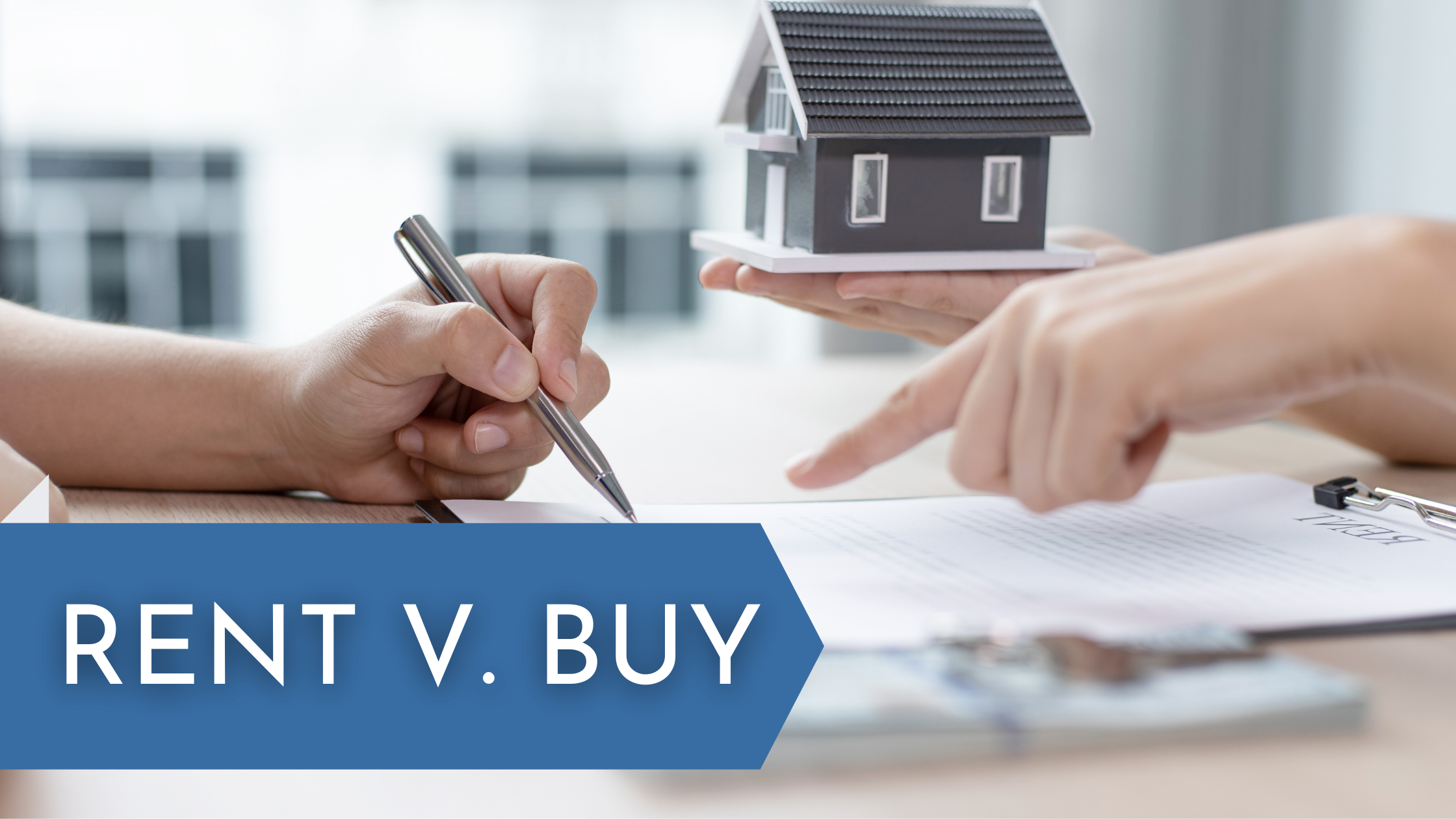
The differences between renting and owning a home are significant. If you are trying to decide whether to rent or buy a home, you must consider the many benefits and perks that come with owning your own home and recognize the negative aspects of being a renter.
Rental Option
When you rent a home, you face rising rates every time you renew your lease. This situation makes it hard to budget and adversely affects your ability to save for a down payment to purchase your own home. In many cases, monthly rental rates are more expensive than monthly mortgage payments. Currently, in several markets, the cost of rent has increased and grown at a much faster rate than median incomes and this trend is only expected to continue.
Unfortunately, your monthly rent payments are only building your landlord’s wealth, with no interest or equity building for you, and there are no tax incentives attributed to renting. Additionally, there is no sense of security because your landlord could decide to not renew your lease so you would be forced to move. Constant moves and relocation are extremely inconvenient, and it is very expensive to constantly move your belongings from rental to rental.
Some of the more negative aspects of renting are that you need a landlord’s permission to make improvements to the home or to adopt a pet, and it is difficult to acquire a sense of community when you can’t form long-lasting relationships with neighbors and other people in your community.
Purchase Option
The benefits of owning your own home are financial and emotional. Pride in home-ownership and the feeling of security are huge intangible benefits that should not be overlooked. Financially, housing markets do move in cycles, but houses will almost always appreciate to some degree over time.
When you own your home, you build your net worth with every monthly payment you make because those payments steadily accumulate equity (appreciation in the value of your home increases the value of your investment and can be considered “forced savings”). Monthly mortgage payments can also be locked in and predictable for the length of your loan (unlike rising rents) so budgeting is possible. When you buy a home with a 30-year mortgage and make the monthly payments, you’ll own a home to sell at the end of the mortgage. Conversely, you’ll have nothing to show for your efforts if you rent a home for 30 years.
It’s important to remember that real estate appreciates not just because of the home itself, but also because of the property underneath the home. The expression "location, location, location" is a critical consideration when buying a home. The neighborhood and the accompanying amenities (school districts and recreational offerings) and the city where the home is located all factor into the property's value and appreciation.
There are also several tax incentives (including property tax deductions, deductible expenses, and other preferential tax treatments) associated with home-ownership. Importantly, being a homeowner does not have to be just a long-term aspiration because you can enjoy short-term savings via annual tax write-offs and other deductions depending on your individual situation. These deductions often amount to significant savings and aren’t available to renters.
Interest rates are still competitively low, so it is a great time to purchase a home and take advantage of low rates. Locking into a low 30-year mortgage rate today could save you hundreds of dollars each month for decades to come.
With the many benefits of owning a home, whether you’re a first-time home buyer or not, an experienced Realtor® can protect your interests while helping you navigate the home-buying process. Since ALL licensed professionals at Lewith & Freeman are Realtors®, you will have a skilled expert on your side throughout the entire process. Lewith & Freeman Realtors® also work with an extended network of qualified lenders who have access to an array of loan programs (including governmental programs).











